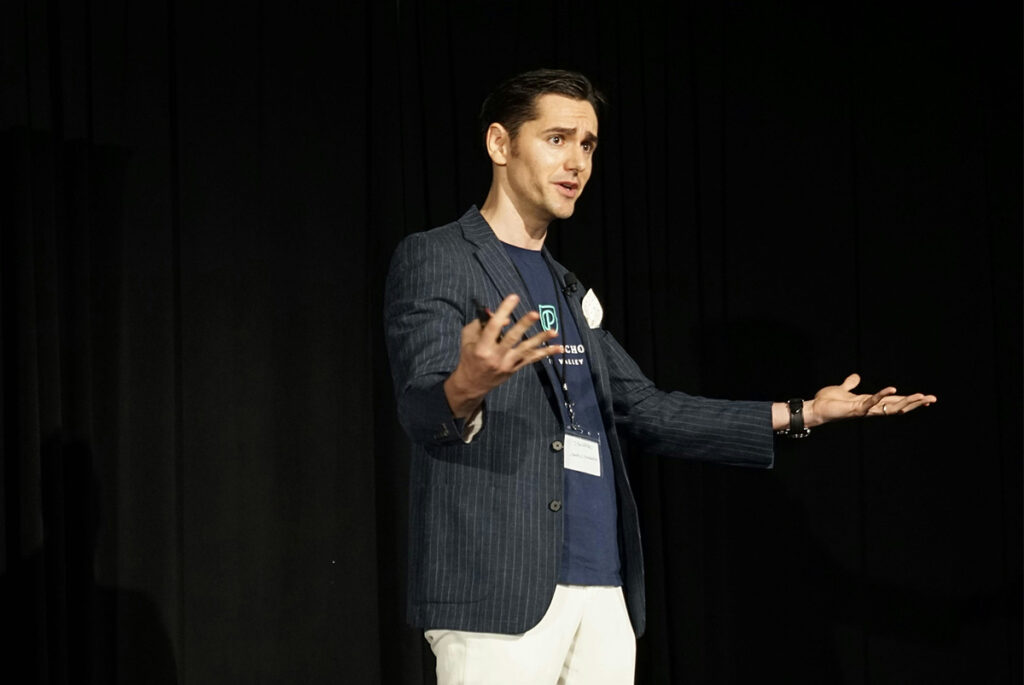Individual Counseling Insights From Westlake Village-Based Patricia McTague-Loft
Have you ever enjoyed a presentation where the speaker was absolutely enthralling? Maybe it was a TED talk, or a fascinating scientific presentation at a local university or perhaps a particularly insightful sermon. In all cases, it’s easy to walk away amazed at the speaker’s ability to communicate so clearly and effortlessly. Which might also lead you to believe that some people are just naturally gifted.

However, while some people may have a natural talent for speaking, it’s equally true that almost anyone can improve their ability to communicate clearly and eloquently. Writing for Success.com, Jomo Merritt has compiled a list of 12 books that can help you hone your ability to speak in public, tackle a difficult conversation with compassion and even improve your personal relationships. As Merritt says, “These 12 books have been carefully selected to provide you with a comprehensive toolkit for mastering communication in various aspects of life. Each book offers unique insights that can inspire change and foster personal growth.”
Some of these books were recently published, taking advantage of the latest research, and some have proven their timeless value (Dale Carnegie’s How to Win Friends and Influence People was originally published in 1936, and it’s as relevant as ever.) Browse through the titles and get fuller descriptions of each on Amazon.
Talk Like TED, by Carmine Gallo. Lessons from the most successful TED talks.
Dare to Lead, by Brene Brown. Exploring effective leadership strategies.
Think Faster, Talk Smarter, by Matt Abrahams. Learn how think and respond fast.
Surrounded by Idiots, by Thomas Erikson. How to understand other people’s behavior types.
How to Win Friends and Influence People, by Dale Carnegie. Beginning with the nuts and bolts of building interpersonal communication skills.
Crucial Conversations, by Joseph Grenny, Ron McMillan, Al Switzler and Kerry Patterson. How to handle conversations with people you disagree with.
Verbal Judo, by George J. Thompson. It all begins by developing your ability to listen, with a focus on conflict resolution.
Nonviolent Communication, by Marshall B. Rosenberg, PhD. Based on the belief that understanding another person’s perspective is prerequisite to peaceful interactions.
Made to Stick, by Chip Heath and Dan Heath. Ideas to help you express yourself in a way that helps people remember your message.
Getting to Yes, by Roger Fisher and William Ury. Lessons in effective negotiating.
Thinking, Fast and Slow, by Daniel Kahneman. Understanding how people naturally have two different thinking systems and why that matters.
Talking to Strangers, by Malcolm Gladwell. Why it’s crucial to be aware of your own assumptions and biases in order to understand another’s viewpoint and communicate your own.